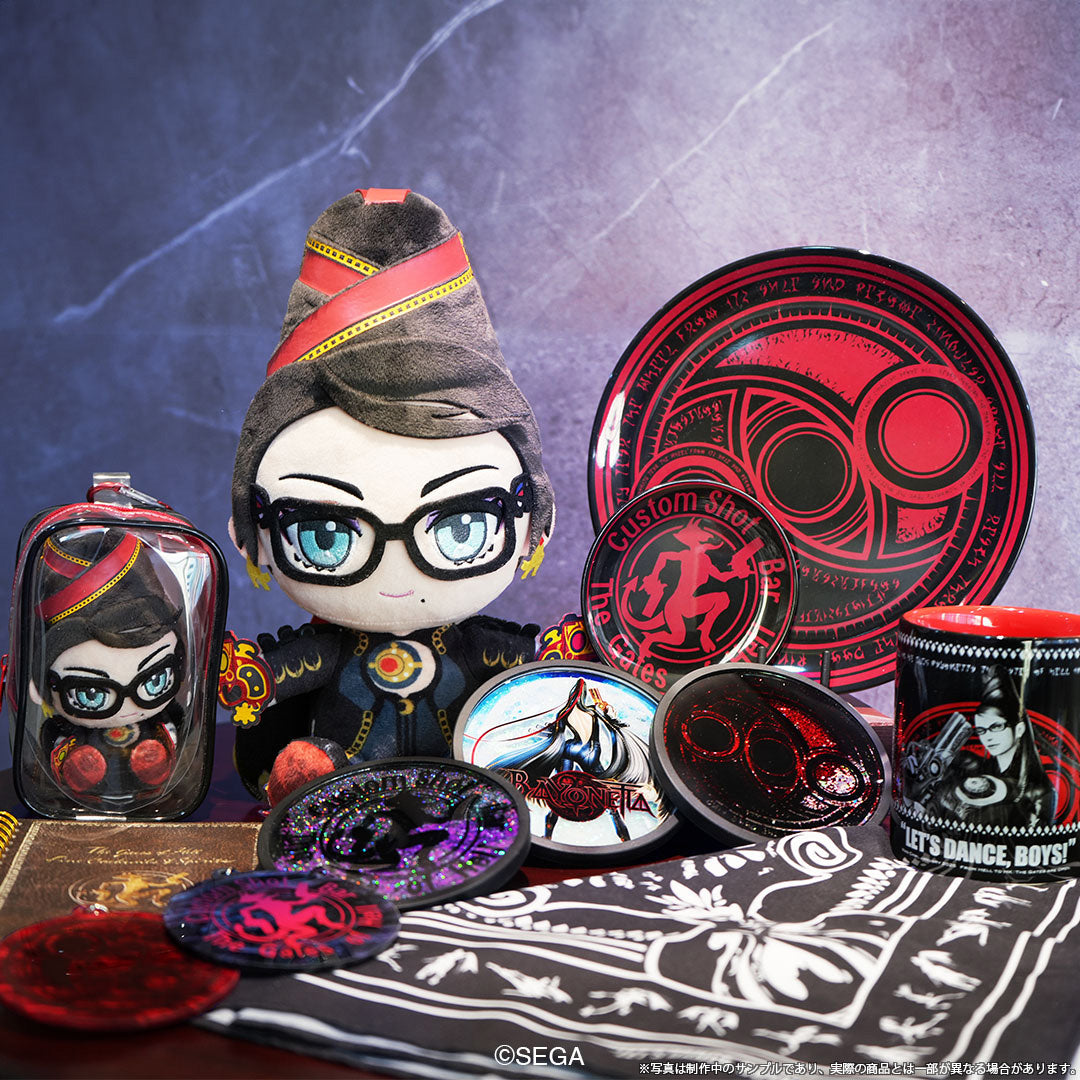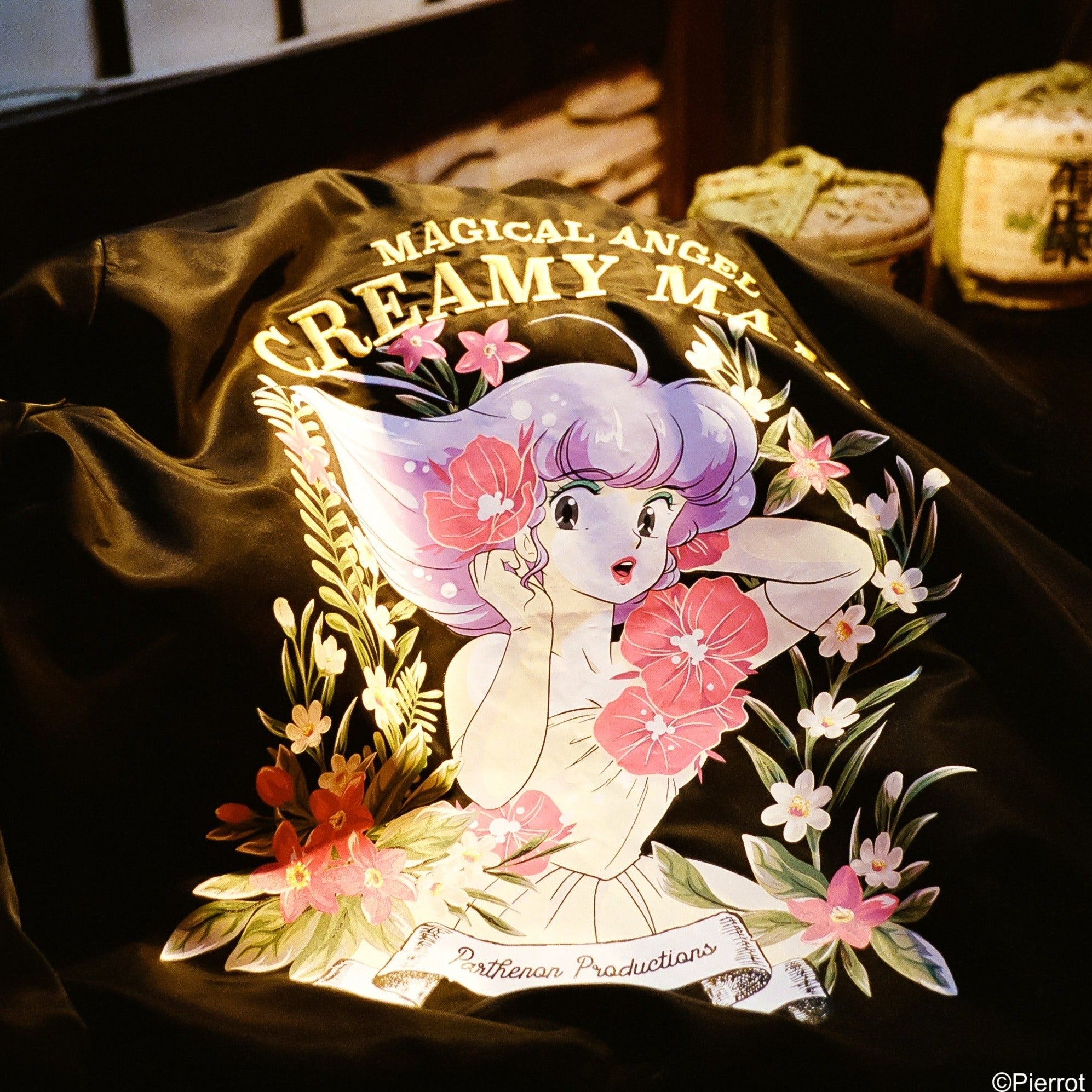【Furusato P (Producer) Anime Path】Episode 13: "The Only Thing I Could Do Was Anime Despite Being Mediocre at Everything Else (Part 1)"
This time, I want to reflect on why, at the age of 20, I gave up on becoming a photographer and, despite not having the talent to write manga or novels, I was able to persevere in the anime industry. As I wrote in the self-introduction in Episode 1, I loved manga when I was a child. I have thought about the reasons for this.
When I was around 4 or 5 years old, my mother would buy old issues of "Weekly Shonen Magazine," "Weekly Shonen Sunday," and "Bokura" from a secondhand bookstore and place them by my bedside. Although we only had a few picture books, there were more than 10 manga magazines. So, I would read manga magazines as a substitute for lullabies before going to bed. Looking back, it seems strange. There was no other situation but this that could make me love manga. My mother passed away in the summer of 2021, so I can't ask her about it now. She would probably say she bought them simply because they were cheap secondhand books (laughs).
But thanks to that, I became a child who loved manga, and even as an adult, I continue to read manga. As a method of raising a child, I wonder if my parents failed.
During my elementary school years, I also loved SF novels, juvenile dramas, and tokusatsu (special effects) shows. I especially became fond of television. Since television was still in its infancy, it wasn't all about ratings; there were all sorts of dramas and programs, from mundane to experimental.
It was undoubtedly a golden age for television. Movies were in decline, and television had taken its place as the king of entertainment, dominating the living room. As a child, I was glued to the screen, watching with all my might.
In this and the next episode, I will mention many titles of TV dramas, manga, novels, and music. I think many of you may not have seen or even heard of these titles, but these are what have shaped me. Moreover, the things we see, touch, and become interested in during childhood become the foundation of our knowledge and are connected to our interests and individuality. Therefore, I apologize for writing about titles and stories that may be unknown to you.
There is an old saying, "The soul of a three-year-old lasts until a hundred." It means that the character traits acquired in childhood do not change even as one grows old. "The Lesson of Mencius' Mother Moving Three Times" is a Chinese story about the words of Mencius' mother. The meaning is that "a good environment is important for a child's education." When they lived next to a cemetery, Mencius played funeral games; when they moved to a market, he imitated merchants. Finally, when they moved next to a school, he imitated the manners and etiquette, and thus became a respectable person.
As these sayings suggest, the things we see and read in our childhood continue to influence us as adults. It's similar to how if you learn to ride a bicycle as a child, you can still ride it as an adult. Essentially, the experiences of our childhood shape who we are.
My father was a shoemaker, and my mother was a kimono tailor. From a young age, my mother was skilled at drawing illustrations. I saw some of the illustrations she drew in her teens in a notebook, and they were very well done, some even colored. I can't draw that well. My mother's dream was to go to Tokyo and become an illustrator. However, living in the countryside of Aomori Prefecture, her dream never came true. Perhaps that's why she had no resistance to buying manga books and would watch anime with me. My job in the anime industry might be a way of realizing my mother's dream in a different form. Maybe that's why she allowed me to pursue it. But I think deep down, she wanted me to come back to the countryside. Yet, I feel she gave up on that dream, and that may be related to this as well.
Now, let's go back to when I was in the third grade, and a black-and-white TV arrived at our house. It was the time of the Osaka Expo and incidents like the Yodo-go Hijacking. It was also the end of the university protests. These were events that had no direct relation to the small town in Aomori Prefecture where I lived. It was a time when the energy of adults working towards post-war reconstruction was still palpable. Even as a child in the countryside, I felt an inexplicable positive energy.
In those days, television was the main attraction in the living room. Therefore, I watched not only children's programs but also shows aimed at adults. Together with my parents, I enjoyed watching shows like Shin'ichi Chiba's "Key Hunter," "Birdie Big Adventure," "The Aiful Detective Agency," "Detective Story," "Our Medals," and others. We had great fun watching police dramas and detective mysteries. Even now, there are still police and mystery dramas. Although 90-minute dramas have decreased, shows like "Aibou" and "Kasouken no Onna" are still regularly broadcast. The fact that similar genres of dramas are still aired and garner decent viewership after 50 years suggests that people's basic preferences haven't changed much.
I vividly remember "Key Hunter." In the summer, it would feature horror stories with ghosts, and despite being scared, I would sit in front of the TV with a conflicting desire to watch.
I also loved period dramas like Toshirō Mifune's "Ronin of the Wilderness" and Kin'nosuke Nakamura's "Yabure Gasa Tōshū Akujin Kari." Nowadays, period dramas have drastically decreased. Perhaps NHK's BS channel still airs some? Indeed, I don't watch recent period dramas much, so it's likely that even younger people watch them even less.
I also watched foreign SF dramas like "UFO," "The Six Million Dollar Man," and "The Invaders." I remember watching foreign films on TV with my father as well. Additionally, there was "Water Margin," featuring Atsuo Nakamura, who played Lin Chung. It was an innovative story where Japanese actors portrayed characters from ancient Chinese tales. Masaaki Sakai's "Journey to the West" was also entertaining. And then there were family dramas like "Arigatou" and "Terauchi Kantarō's Family." I used to watch shows like "Yuhi ga Oka no Sori Daijin," which I think was one of the early teacher dramas, together with my parents.
I also watched "Ultraman," "Henshin Ponpoko Dama" (a story about gender swaps), and "Army of Monkeys," which I recall being broadcast on Sunday nights. Transforming giant hero shows like "Iron King," "Silver Mask," and "Jumborg Ace." Special effects hero shows that didn't involve giant transformations, such as Shōtarō Ishinomori's "Kamen Rider" and "Henshin Ninja Arashi." Space special effects shows like "Captain Ultra" and "Star Wolf." I think I watched everything that was available. However, since there were fewer TV stations in Aomori Prefecture compared to Tokyo, the actual number of shows I saw was significantly less!
For me, the puppet show "Shin Hakkenden," which arguably changed my life, was an irreplaceable story. I also enjoyed other puppet shows that followed, such as "Sanada Ten Braves" and "Red Peacock," but the significance of "Shin Hakkenden" to me is immense.
I was also greatly influenced by the youth drama series broadcast on NHK, such as "Time Traveler," "Targeted School," "Dawn is Just Silver," "Evening Glow Operation," and "The Mysterious Transfer Student." These were coming-of-age sci-fi dramas featuring junior high and high school students and played a significant role in shaping my tastes and preferences. I managed to keep one or two volumes, but now the paper has browned, and with my presbyopia, the small print makes it very difficult to read.
These dramas were not mere child's play; they featured various sci-fi settings from different angles. Many of them were time travel stories or sharp adventure tales with stakes like the world ending if something went wrong. I saved up money to buy the novels these dramas were based on. The sci-fi authors who are like gods to me include Taku Mayumura, Masami Fukushima, Ryu Mitsuse, and Yasutaka Tsutsui.
Incidentally, Yasutaka Tsutsui has written many novels, but there is one particularly intriguing non-sci-fi book titled "The Legend of Betty Boop." It's must-read. It portrays Betty Boop, an animated character, as if she were a real-life actress. The book beautifully narrates the history of a young actress who comes from the countryside, makes her screen debut in a supporting role, eventually lands leading roles, and then mysteriously disappears.
Once again, it's "Shin Hakkenden." Since I don't have any siblings, I was captivated by the scenario in the puppet show "Shin Hakkenden," where eight sworn brothers are brought together by fate. It pierced my heart and took it away. As a result, whenever I work on an anime project, I can't help but want to create stories where characters are brought together by fate.
For instance, the anime "My-HiME" follows this theme. Additionally, I am fond of settings where friends who are not blood-related share stronger bonds than siblings.
To be continued...
P.S.
In the next part, I'll write about how liking something can make you proficient at it, and how passion can drive you forward. I'll also discuss my earnest search for what I truly love.
P.S.:
I've also started the YouTube channel "Furusato P Anime Road" today, so please make sure to subscribe and check it out.
🔻Here is the link
https://www.youtube.com/channel/UC_jrvVljSFUhGmxpCvYuq5A
🔻Furusato P Photo Album: This Week's Photo
Naotake Furusato
Born on May 3, 1961, in Aomori Prefecture, Japan, began his career in the anime industry in 1982 as a production assistant at Nippon Animation. By 1985, he was working as a production assistant on Studio Ghibli's "Castle in the Sky." In 1987, he joined Sunrise, where he contributed as a production progress staff, setting creator, production desk, and assistant producer (AP) on projects like "Mister Ajikko" and the "Brave Series." He was promoted to producer starting with "Future GPX Cyber Formula SAGA" and went on to plan and produce 14 original animation titles, including "Outlaw Star," "GEAR Fighter Dendoh," "Go! Machine Robo Rescue," "Mai-HiME," and "Mai-Otome."
In February 2011, Furusato established his own planning company, Odd Eye Creative, Inc. He served as planner and producer for series such as "Phi Brain: Puzzle of God" and "Cross Ange: Rondo of Angels and Dragons." He also assisted in planning "Revue Starlight" and participated as an associate producer on "Grendizer U." Currently, he is involved in the gaming sector and is preparing new projects.






Leave a comment
This site is protected by hCaptcha and the hCaptcha Privacy Policy and Terms of Service apply.